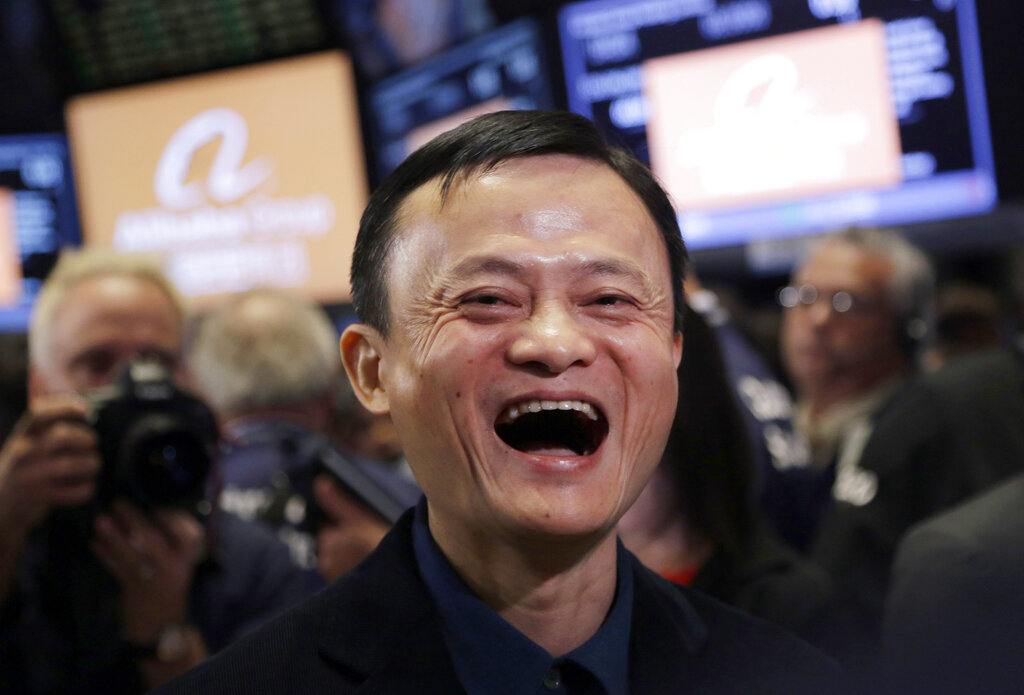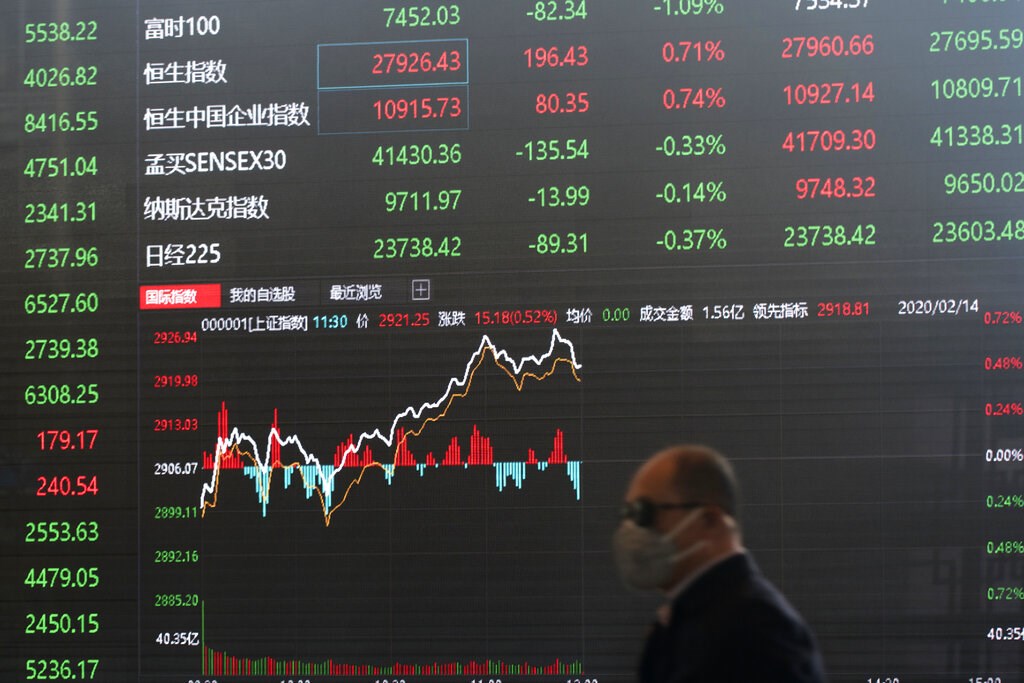
Last week, China’s State Council released a list of 33 measures aimed at jumpstarting the economy after months of lockdowns in parts of the country. The list concerns the domestic industrial and manufacturing companies, but we can pick up some signals that could impact internet platforms.
Most of these measures give one-time relief and subsidies and are less to do with recurring policies that might change the digital landscape. And so, our fair value estimates for Chinese tech firms under Morningstar’s coverage remained unchanged at this time.
Kai Wang, senior analyst at Morningstar thinks all measures are supportive of business confidence, employment, and consumer sentiment, which should bode well for consumption, e-commerce, advertising, fintech payment, and cloud businesses.
“These measures do not cause any material changes to our fair value estimates for now, but we want to highlight which internet names are included and assess the potential benefits in the long run,” he says. Here is what he thinks the impact might be.
Short-Term Implications
Since the authorities in China are stricter about a zero-tolerance policy to COVID-19, lockdowns may return upon a future emergence of subvariants. Thus, while the tone of the government has been incrementally positive, Wang believes there are still execution risks involved in those plans. He explains: “It is not guaranteed whether these policies will have a long-term impact given many are a one-time stimulus and further COVID-19 or policy risks could derail the progress made by these measures.”
Our Two Top China Tech Picks
Among all covered names, JD remains our top pick in the China e-commerce platform space, followed by Alibaba and Pinduoduo. In the Internet space, Tencent Holdings is the preferred stock.
Impacts from lockdown were nationwide, causing a major deceleration in e-commerce platforms’ businesses and JD was not an exception. But there are signs that are indicative of a bottoming-out of JD in the second quarter of 2022, which is believed to usher the firm to a gradual but wider recovery for the rest of the year.
Tailwinds were the rising vaccination rate and the government’s support for a reopening, and other supportive measures. Many gauges of JD are pointing to a positive direction. “An example would be merchants’ participation in JD’s annual promotion reaching a new high due to the need to clear inventory. Order cancellation rate, which remains high on a yearly basis, has also come down slightly in May,” says Morningstar analyst Chelsey Tam.
In a longer term, JD’s asset-heavy model comes with self-owned inventory and self-built logistics with a sprawling network of 1,300 warehouses across the country, according to Tam. “Its fast, efficient and high-quality proprietary logistics services have been an intangible asset and a differentiator. To a less extent, JD is known for higher assurance of authentic products on its first-party platform in a country where knocks-off are easy to find.” JD’s fair value estimate is at HK$407 per share and is viewed as 42% undervalued.
For Tencent, its unrivaled network effects, earned from its 1.2 billion-plus users on social media platform WeChat, remain a competitive advantage, according to Ivan Su, senior equity analyst at Morningstar. The platform is also deeply integrated into Chinese daily life and is proved difficult to be replaced.
Su says: “We see a tremendous amount of untapped value in Wechat, as it continues to increase monetization through advertising and acts as a major gateway for other internet services, like payment, delivery, insurance, and so on, looking to access. Given WeChat's huge and engaged user base, advertisers will continue to find it one of the top marketing channels.” The wide-moat company is rated as undervalued, with a fair value estimate of HK$ 741. Shares in Tencent closed at HK$ 367.6 on June 7.











.png)






.jpg)





